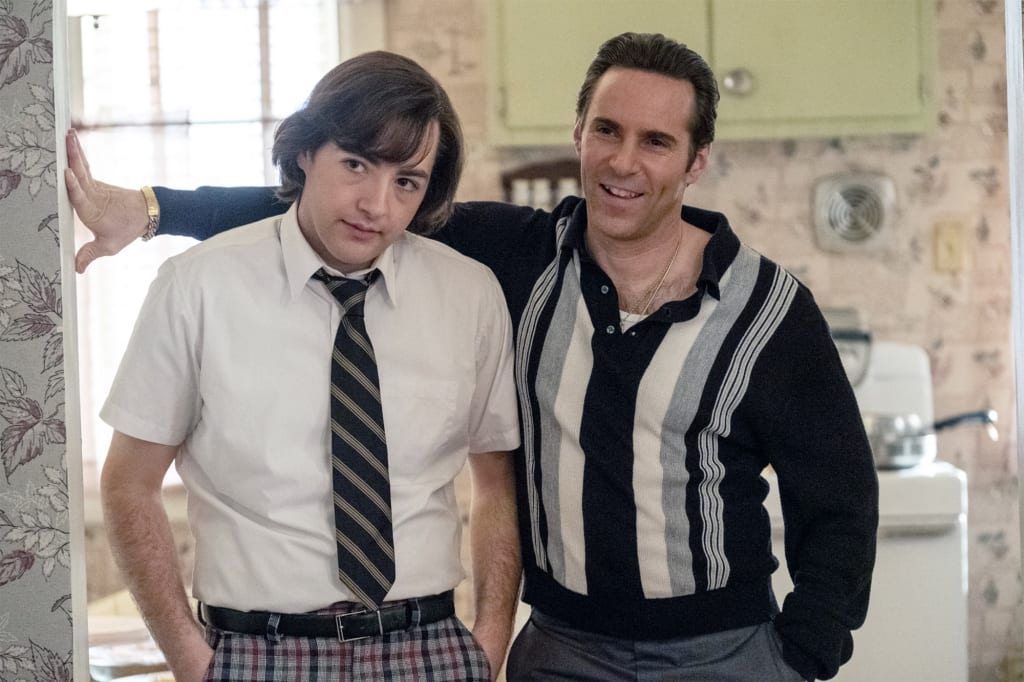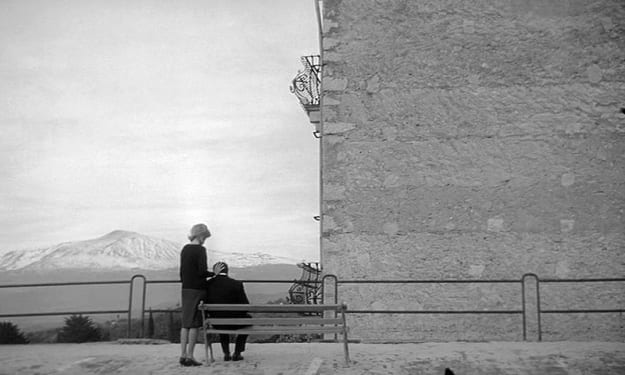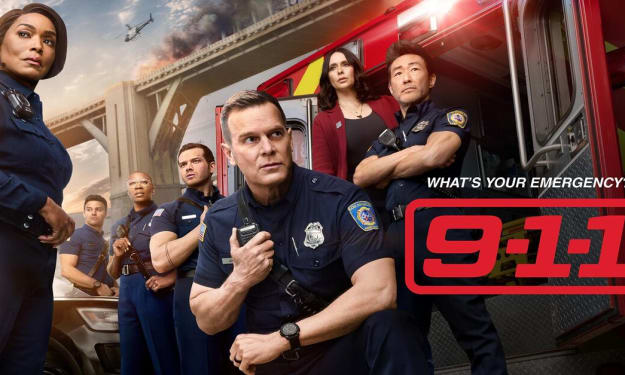The Many Saints of Newark Is Good, Actually
An in-depth look into some of the themes the film explores and how they connect to the meaning of The Sopranos.

Four and a half months have passed since The Many Saints of Newark was released, the long awaited prequel of The Sopranos, the greatest television show ever created. Reactions were mostly mixed, with many praising what they saw while arguing the need for more. If there is one thing everyone appears to be universally criticizing the movie for is its run time. Some have said it should’ve been a miniseries while others (myself included) just wanted a longer story. But then there is another camp, those who disown the movie and consider it a complete mediocre pile of garbage. You can chalk this sentiment up to the inherent behavior of irrational fanatics following the current zeitgeist, people who didn’t get the show’s point in the first place, or a dose of expectations not abiding to reality. In reality, the truth, much like everything else in this forsaken life, is somewhere in the middle.
For the purposes of avoiding a prisoner of the moment conclusion to my observations, I decided to detached myself from the movie for a few months to let the pros and cons battle each other out in my head. I wasn’t expecting to pick up the movie again so fast, but that goddamn Super Bowl commercial aired and one thing led to another and I started binging The Sopranos again. Not that I’m really complaining here, we’re talking about the greatest thing since Shakespeare here. The rejuvenated attachment sped up the process that ultimately led me to a long-awaited revisit of the film.
Upon rewatching the movie, my initial thoughts remain far from changed. I thoroughly enjoyed practically every scene, and my biggest complaint about it remains the scenes that are not in it. It is not a masterpiece, but it had (has?) the potential to be one on the cutting room. The complaints many people have about the plot being too loose or unconnected have no actual basis for what the film is actually showing. Everything presented connects one way or another in a very similar fashion to how the show itself connected plot points.
I find most of the criticism of the film’s substance and purpose to be superficial and unsubstantiated. Frankly these complaints border on sour grapes, where scenes that are crucial aren’t seen as such whether it may be for a fundamental misunderstanding with the way the film is drawing parallels or a need for more Tony scenes. It seems the major gripe people have with it is with the advertisement and marketing that depicted Tony in a much bigger role than show creator David Chase himself said he would be. The advertisers poisoned the movie before it even had a chance to walk. The film’s posters had the name Tony Soprano in bigger fonts than its own title for Christ’s sakes. If it the ads were more forthcoming and actually attempted something creative for marketing like, oh I don’t know, originality or a risk, perhaps the film’s perception would’ve been different.
The story was always about Dickie and how the path he chose led to his demise; Tony’s relationship with Dickie was one of the most important part of this path, but it no way was it meant to be the driving force of the movie. Tony is meant to be his saving grace, his last chance for redemption in a world full of perversion and decay. The dynamic forms a stark and powerful parallel to Tony’s relationship with Meadow, as she was meant to be Tony’s saving grace throughout the show.
People were expecting Dickie to be the mentor that ushered Tony into the life of crime, but in typical David Chase (Chasesian?) fashion, he subverts this thought by showing us Dickie wasn’t trying to mentor Tony to be like him, but to actually be a good person unconnected to the mobster lifestyle. This is something Dickie clearly struggles with, because as the film also demonstrates in very Sopranos fashion, Dickie is very close to realizing how empty and soulless his life is, but is never able to take the steps needed for redemption. It plays on the idea of everything being a repetitive cycle of violence that latches on to the following generations.
In order to understand Dickie’s demise, the film explores the rise of Harold McBrayer. Harold was meant to act as a parallel to Dickie. The scenes we have between them do a wonderful job at establishing their relationship in clear but subtle ways. Dickie is clearly at the top while Harold is at the bottom, and he wants what Dickie has: power, respect, honor and all that bullshit lingo they talk about to excuse their reprehensible actions. While Harold and his family are discussing their struggles in a poor-conditioned home, Dickie was enjoying an extravagant dinner with his. In another scene, as Dickie gives Harold cash, the camera takes specific attention to Dickie’s actions as he gives him the money, highlighting the control he has over Harold. The final scene of the film is Harold handing out cash the same way Dickie handed it out to him as a contrast to where he was at the beginning of the movie versus where he is at the end of it. This is exactly how The Sopranos told its story, it left it up to the audience to pick up the pieces and pay attention, and it was subtle to the core.
I find it prudent to discuss the idea of an extended cut. I was always a little weary about the two hour run time. The kind of movie they were going for required a long run time like The Godfather or Lord of the Rings. It’s an epic tale spanning years, and it explores themes and issues in need of a thorough connection to make it work on a masterful level. The movie was missing character scenes that would’ve made the experience much more engraved in the viewer’s minds. This may very well be the crux of the issue most people have with the movie, and I can’t deny they have a point. There were many moments you could just feel something was missing. One of the greatest aspects of The Sopranos was it’s fascinating depictions of daily life. A couple more of these scenes where we see our characters interacting with their environment can make for a more endearing experience. If the recent release of a few deleted scenes are any indicator, there was a lot of great material left on the table. Make the film three hours for all I care.
The film is a clear portrayal of a broken man that the end of the film (and his life) has lost everything he ever cared for due to his own actions and whose only saving grace is the relationship he has cultivated with his nephew. It directly ties to the themes The Sopranos consistently explored: there is no honor and this thing of ours, and your sins will get back to you one way or another and poisons everything you ever cared for. The relationship Dickie cultivated with Tony represented his last hope, and this is also is intrinsically related to the show’s exploration of epiphanies coming far from when they were suppose to. Tony’s entire life could’ve been different had Dickie lived because Dickie was the only person in his world who had the same complexities he had. With his passing and his lack of guidance, Tony is now free to interpret that call to the diner as anything he wants, and we already know how he chose to interpret it.
The Many Saints of Newark did everything it set out to accomplish and the people who think it didn’t thought it was set out to accomplish something else. That said, Chase got too caught up in his obsession for a two hour cut (as he explained to Rolling Stone) instead of letting more scenes in to tie us to these characters and their well-crafted world, something I hope gets corrected in the near future. It has amazing set-pieces that feel a little more cinematic than what the show had and continued enriching with its final twist. It seems to me most Sopranos fans wanted it one way, but it was the other way. It was a great addition to the lore that will have people in discussions, even if it takes a while for it to develop.
About the Creator
Ezra I. James
Absurd essayist from the outskirts of Shambhala.






Comments
There are no comments for this story
Be the first to respond and start the conversation.